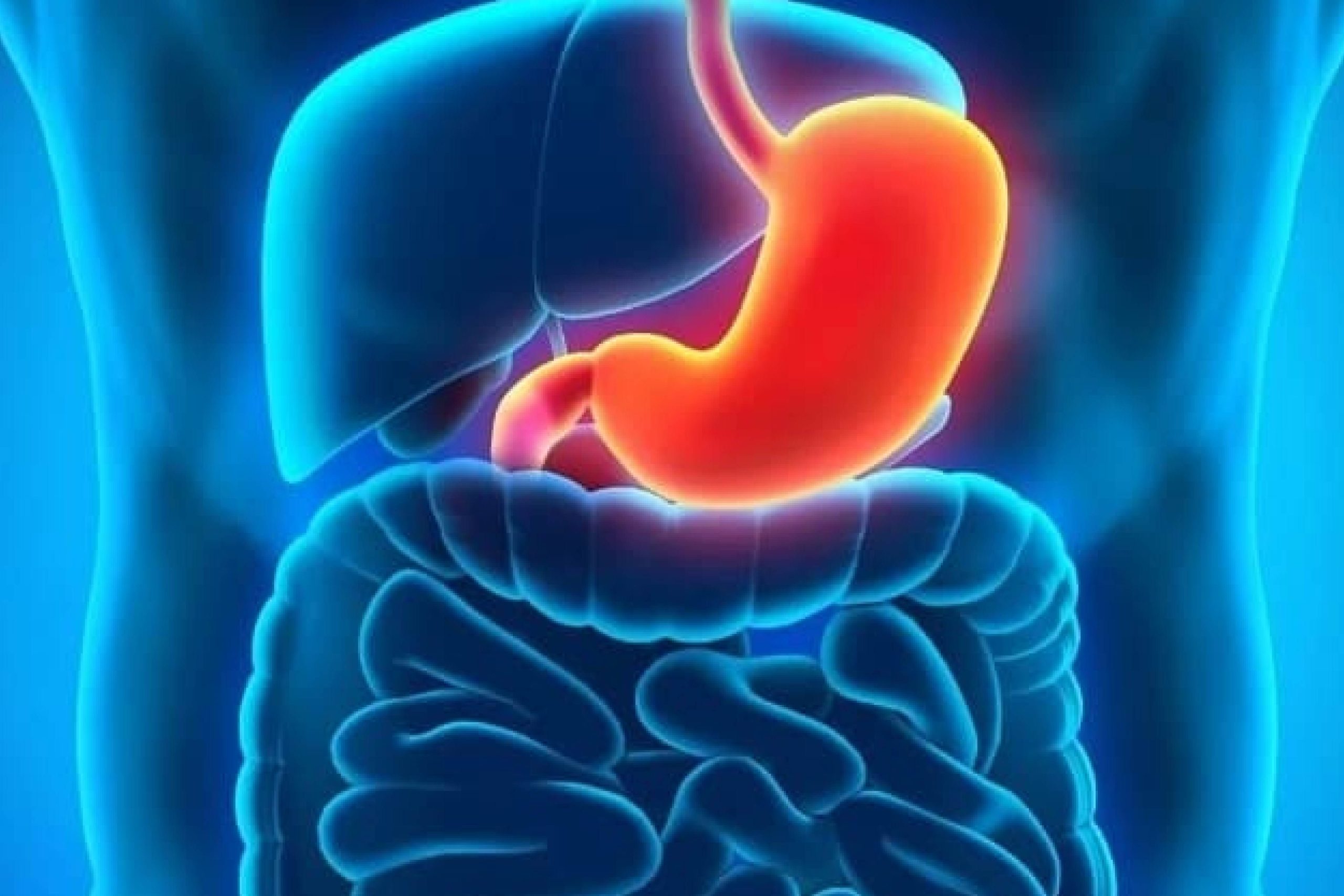Ulcer

Overview
An ulcer is a sore or lesion that develops on the skin or mucous membranes of the body. There are several types of ulcers, including:
- Peptic ulcers: These are sores that develop in the lining of the stomach, esophagus, or duodenum (the first part of the small intestine). They are usually caused by a bacterial infection or the long-term use of nonsteroidal anti-inflammatory drugs (NSAIDs).
- Mouth ulcers: These are small, painful sores that develop on the inside of the mouth or on the lips.
- Venous ulcers: These are open sores that develop on the legs or feet due to poor blood flow.
- Pressure ulcers: These are also known as bedsores, and they develop on the skin over bony areas of the body due to prolonged pressure or friction.
Symptoms
Pain or discomfort in the affected area
Redness or swelling
Drainage or pus
Bleeding
Nausea or vomiting
Bad breath
Treatments
The treatment of an ulcer depends on the underlying cause and the severity of the symptoms. Here are some general treatment options:
- Medications: Depending on the type of ulcer, your doctor may prescribe medications to treat the underlying condition. For example, antibiotics may be prescribed to treat bacterial infections, and acid-reducing medications, such as antacids, H2 blockers, or proton pump inhibitors, may be prescribed to treat peptic ulcers.
- Pain relievers: Pain relievers, such as acetaminophen, may be used to manage pain associated with an ulcer. However, avoid using aspirin or other nonsteroidal anti-inflammatory drugs (NSAIDs), as they can increase the risk of bleeding and further damage the ulcer.
- Lifestyle changes: Making certain lifestyle changes may help reduce symptoms and prevent the development of new ulcers. For example, avoid foods and beverages that can irritate the stomach, such as spicy or acidic foods, alcohol, and caffeine. Also, try to reduce stress, get enough sleep, and maintain a healthy weight.
- Surgery: In rare cases, surgery may be necessary to remove an ulcer or repair the affected area.
It’s important to seek medical attention if you suspect you have an ulcer, as untreated ulcers can lead to serious complications, such as bleeding or perforation of the stomach or intestines.
What it is?
An ulcer is a sore or lesion that develops on the skin or mucous membranes of the body.
Symptoms
- Pain or discomfort in the affected area
- Redness or swelling
- Drainage or pus
- Bleeding





